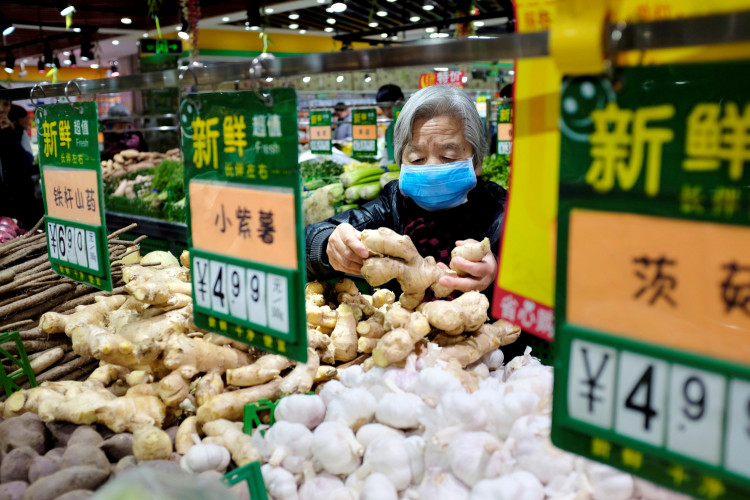86,000 companies spread across China have received a food tracking system that aims to ensure food safety for consumers in the country, the Ministry of Commerce said.
Gao Feng, a spokesman with the Chinese Ministry of Commerce said that a food tracking system has been established in 58 cities across the country, Xinhua reported. The system will track common meats such as beef and pork. It will also cover 500 kinds of fruits and vegetables.
According to Gao, the new monitoring system will help lessen problems during the Chinese Spring Festival when meat and vegetable demand keeps rising. So far, 9,600 tonnes of pork reserves have reached Chinese markets.
Food safety is an important matter for Beijing. Over the past years, the Chinese government has helped ensure that consumers get the best quality of food, even during peak seasons when food shortage can be imminent.
Aside from food safety, another problem that Chinese markets encountered in the past is major price increases. To help ease buyers, the government will immediately intervene if prices significantly change during the holiday season.
Furthermore, Beijing wants to guarantee that there will be adequate food for the Chinese people during the Spring Festival. The newly-established food monitoring systems will help tip the government if there is an ensuing shortage.
Meanwhile, China's food industry is prepared to celebrate the Lunar New Year and the Spring Festival. One of the most popular trends this year is ready-to-cook food that can be ordered online.
According to The Global Times, online shopping for food and beverages is a trendy move that is mostly patronized by Chinese people born during the 1980s and 1990s eras. Zhang Yunzhen, a young professional who works in Beijing, told the outlet, "There are simply so many more options online."
With the Spring Festival just a few days away, online stores are getting packed with orders. The age bracket of online shoppers in China ranges from 18 to 34, with most of them purchasing snacks and holiday beverages.
Older Chinese consumers, on the other hand, have been ordering fresh vegetables online, Tmall.com's annual consumption report revealed. While there are still people who have scheduled their family dinners in fancy restaurants, a lot of consumers are still planning to cook their own food and celebrate at home.
Details from a report generated by the JD Big Data Research Institute revealed that during the holiday shopping season, food and beverage accounted for the most orders on JD.com's registry. Experts believe that the increased demand for food makes it even more vital to make use of China's food tracking systems.





